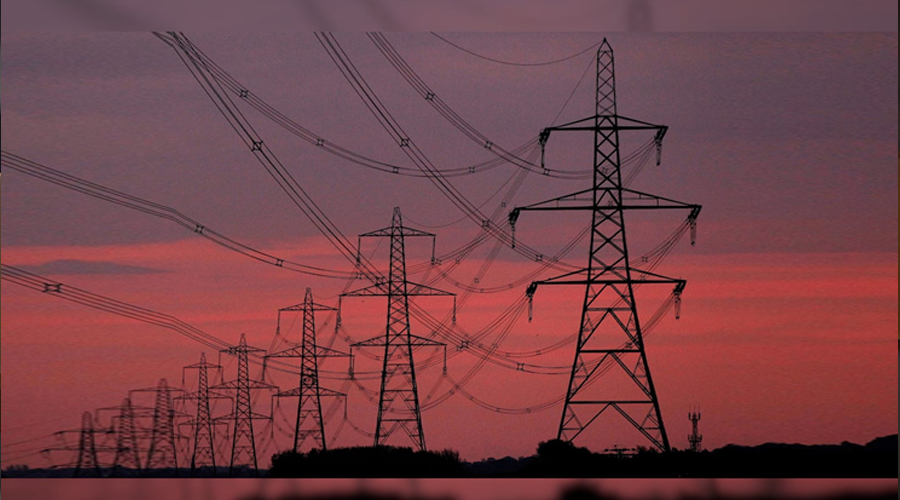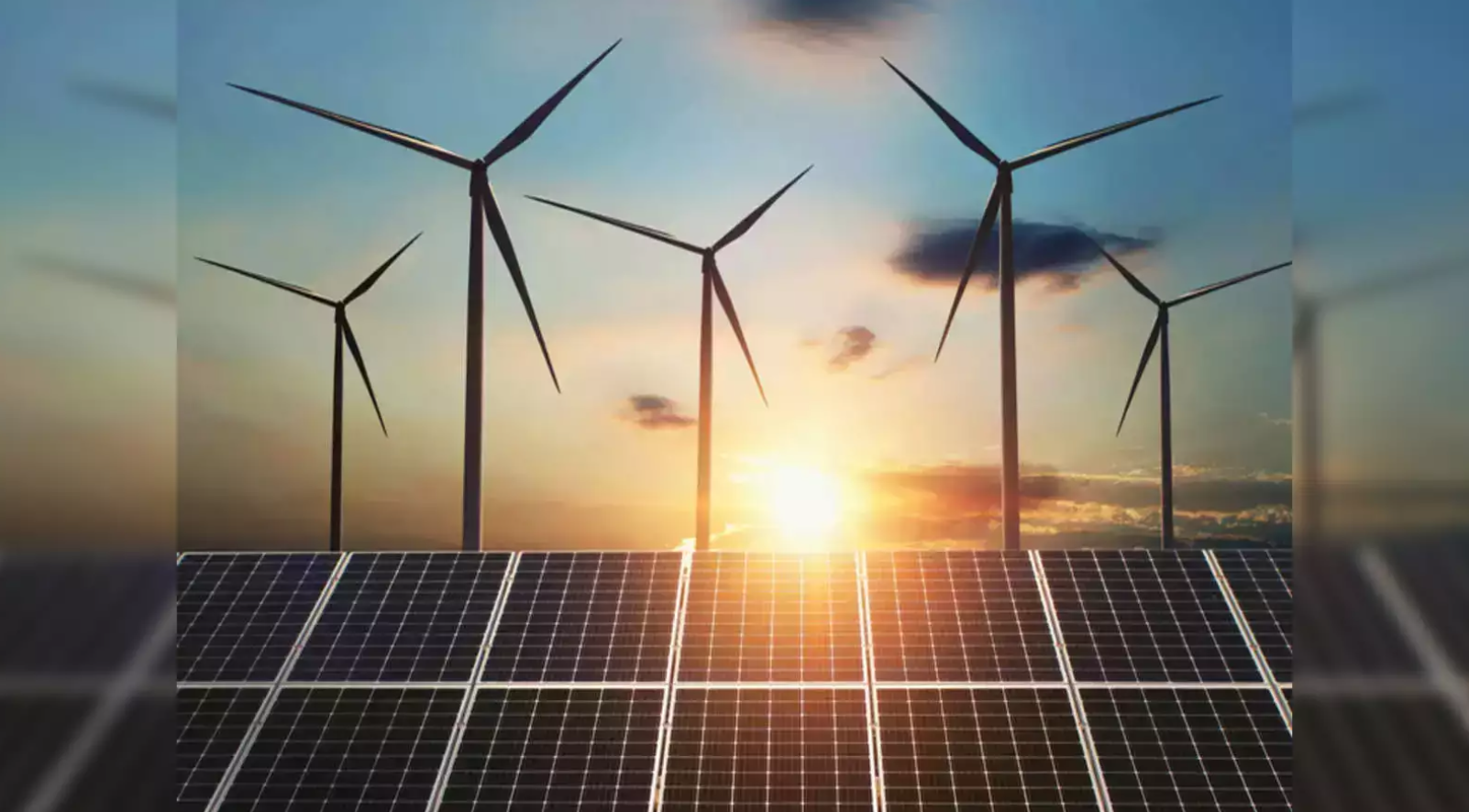India has achieved a remarkable milestone by adding a record 18 gigawatts (GW) of renewable energy capacity in the fiscal year 2024, a significant increase from the previous year’s 15.27 GW. This development is part of India’s broader strategy to meet the ambitious target of 500 GW of renewable energy by 2030, showcasing the country’s commitment to enhancing its energy security and reducing its carbon footprint amidst global environmental challenges.
Strategic Importance of Renewable Energy Growth
The rapid expansion of renewable energy capacity in India is not just a response to environmental concerns but also a strategic maneuver in the global energy landscape. As traditional energy sources become more contested and subject to geopolitical tensions, renewable energy offers a path for countries to assert their energy independence and leadership in technology. India’s focus on renewables, particularly solar and wind energy, aligns with global trends towards sustainable development and positions India as a key player in the international renewable energy market.
Navigating Challenges and Opportunities
While the increase in renewable capacity is a positive development, industry experts argue that India needs to sustain an annual addition of at least 50 GW to meet its 2030 goals. This ambitious endeavor will require substantial investments in technology, infrastructure, and human resources. Furthermore, it presents an opportunity for India to leverage its advancements in renewable energy technology, not only to meet domestic demands but also to export technology and expertise to other nations, thus opening new economic pathways and enhancing its geopolitical influence.
Renewable Energy as a Tool for Economic and Environmental Resilience
The expansion of renewable energy is also a strategic response to the increasing frequency of geopolitical conflicts that threaten the stability of global oil markets. By reducing dependence on fossil fuels, India can mitigate the economic volatility associated with oil price fluctuations and supply disruptions. This shift not only enhances India’s energy security but also contributes to global efforts to combat climate change, promoting a more sustainable and stable global environment.
India’s record-setting addition of renewable energy capacity is a clear indication of its strategic priorities in the face of global challenges. By investing in renewable energy, India is not only addressing its immediate energy needs but is also positioning itself as a leader in global energy governance. This strategy reflects a broader understanding of the interconnected nature of environmental sustainability, economic stability, and geopolitical security. As India continues to expand its renewable energy capacity, it sets a precedent for other nations to follow, promoting a collective movement towards a more sustainable and resilient global energy future.



